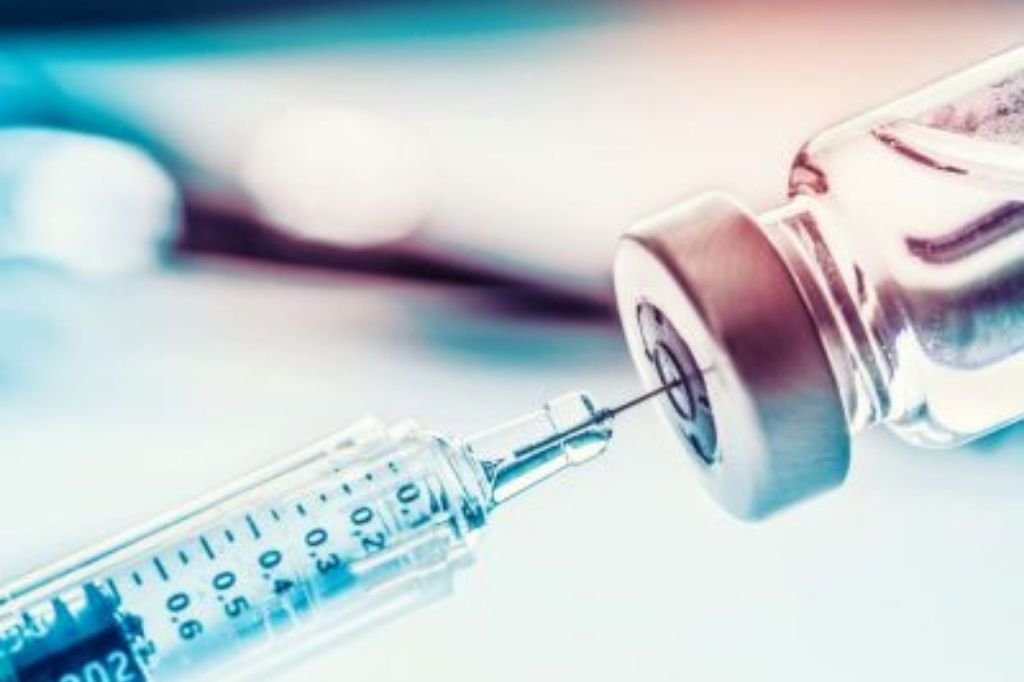C-19 Vaccine Associated Enhanced Disease – A Known Danger

Vaccine Associated Enhanced Disease – What Is It?
There seem to be ongoing fear-mongering articles in the mainstream media about long Covid and serious or lingering infections, designed no doubt to ramp up slumping vaccination rates. This (1) is one such article with this (2) as a follow-up. We wonder whether many of these cases of long infection could in fact be ADE (Antibody-Dependent-Enhancement) as was warned about in the Risk Management Plan (RMP) submitted by Pfizer to Medsafe and as asked of all the authorities in our first ever letter.
Two examples found in recent days in the media are:
– Woman sick for 38 days with Delta also suspects she has Omicron.
– Covid reinfection rish shows need to change the way we talk about the virus.
This possibility has been known about for many years from previous attempts to develop vaccines. Have the subjects of the articles considered this or been advised this is a possibility? The original Pfizer trial participants were not warned of this recognised risk.
Other articles are warning us that we may experience a more severe flu season this winter. With a very interesting choice of words, the current government flu jab advertising states we may be more susceptible to flu this year. No doubt this is more to “nudge” us towards the jab than to tell the actual truth about our now compromised immune systems.
We are advising that Antibody Dependent Enhancement (ADE) or Vaccine Associated Enhanced Disease (VAED) could be occurring now and may account for more severe illnesses this winter.
This is an adverse effect that was recognised to be an important potential risk following exposure to the mRNA injections. The immune systems of those exposed to the injections may no longer be functioning optimally. They may not be able to respond to and clear infections well, or may over-respond with an inflammatory reaction. Disease symptoms may be worse or prolonged as a result.
Vaccine Associated Enhanced Disease was listed in the Risk Management Plan (RMP) Pfizer submitted to Medsafe when applying for approval for its injection as something to be aware of (see below).
“Important risks, missing information and additional pharmacovigilance activities”.
Table 4 on page 4:
Important potential risk: Vaccine associated enhanced disease (VAED) including vaccine-associated enhanced respiratory disease (VAERD)
| Evidence for linking the risk to the medicine | VAED is considered a potential risk because it has not been seen in human studies with this or other COVID-19 vaccines being studied. It has not been seen in vaccine studies in animal models of the SARS-CoV-2 virus either. However, in selected vaccine studies in animal models as well as in some laboratory studies in animal cells infected with 2 other related coronaviruses (SARS-CoV-1 and MERS- CoV), abnormalities in immune responses or cellular responses indicative of VAED were observed. Because of this, VAED is considered a potential risk. In the past there have been other examples of particularly respiratory viruses where VAED has been observed. For example, some children who received an inactivated respiratory syncytial virus vaccine (a different type of virus), had worse signs of disease when they were subsequently infected with respiratory syncytial virus.VAED is thought to occur by several mechanisms where the immune response is not fully protective and actually either causes the body to have an inflammatory reaction due to the type of immune response with specific types of T-cells, or the body does not produce enough strong antibodies to prevent SARS-CoV-2 infection of cells or produces weak antibodies that actually bind to the virus and help it to enter cells more easily, leading to worse signs of disease. |
| Risk factors and risk groups | It is thought that the potential risk of VAED may be increased in individuals producing a weak antibody response or in individuals with decreasing immunity over time. |
We frequently hear people say, “I’m so glad I was vaccinated, I can’t imagine how much worse it would have been if I wasn’t”. We wonder if any of these people have thought, “I wonder if it would have been less of an illness if I had left it up to my own immune system”?
There is really consistent and in fact overwhelming confirmatory evidence internationally, and here at home, that covid-19 cases AND the burden of severe disease are both mainly carried by the vaccinated. The vaccines don’t work! The pandemic visited on the unvaccinated is one of ignorance, prejudice, irrational fear in the face of good quality science and, frankly, a resentment that they can be so disobedient to the dictates of the state and a ‘moral majority’.
Another question is raised by these articles. Why is she having repeated tests? The latest advice to GPs from Health Pathways has recommended against repeat testing within 3 months of infection. Unnecessary repeat testing is wasting resources and creating confusion. The usual advice for doctors is to avoid tests that won’t change the management or advice given.
“Guidance on testing for re-infection as per Health Pathways:
The risk of re‑infection is extremely low in the first month and remains low for 3 months following COVID-19.
Avoid repeat testing for 28 days following onset of COVID-19 infection. If there are new symptoms of COVID‑19 after 28 days, test using a RAT. A positive RAT more than 28 days after COVID-19 infection can be taken to indicate re‑infection.
Avoid PCR tests in the 3 months after infection as PCRs have a high false-positive rate in these months, due to detection of persisting viral fragments.”
View the full RMP data sheet here.






3 Comments
Comments are closed.